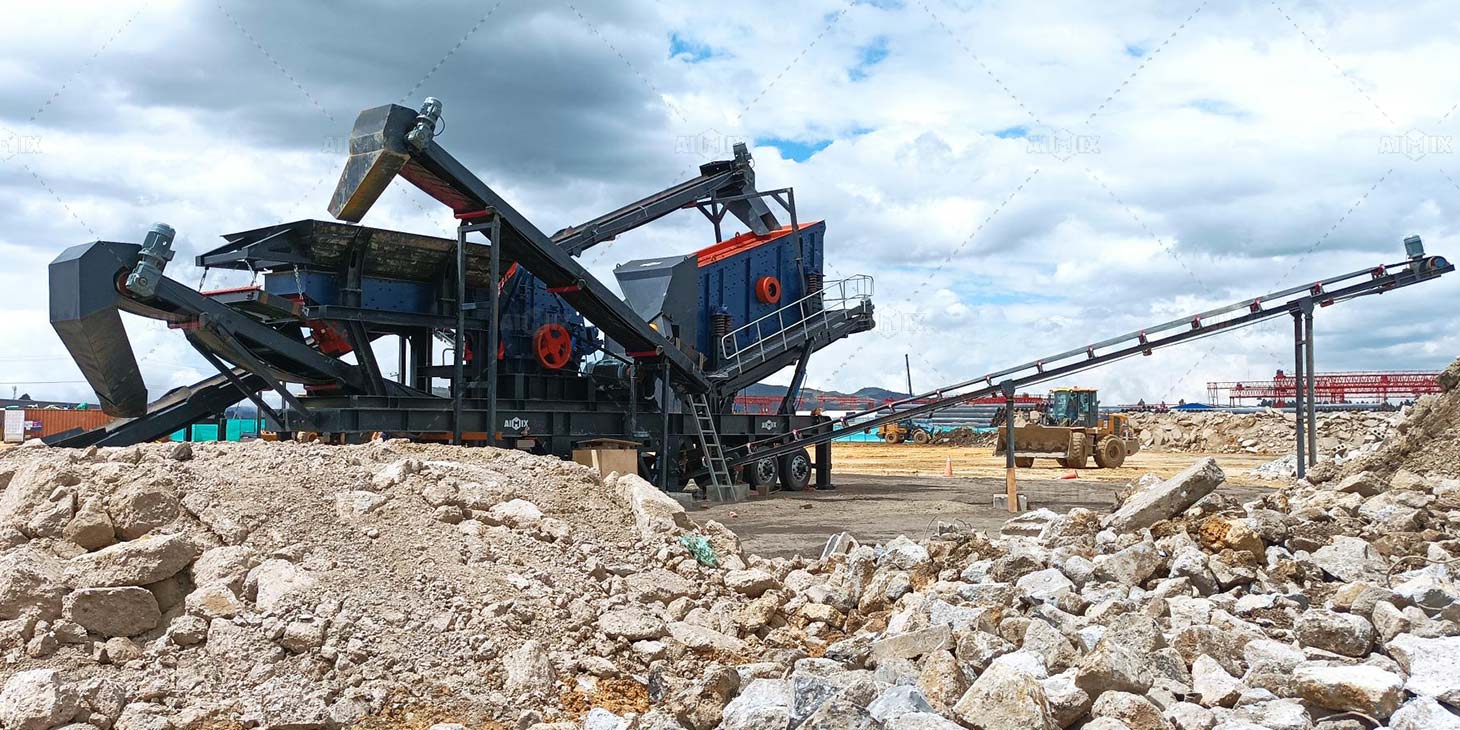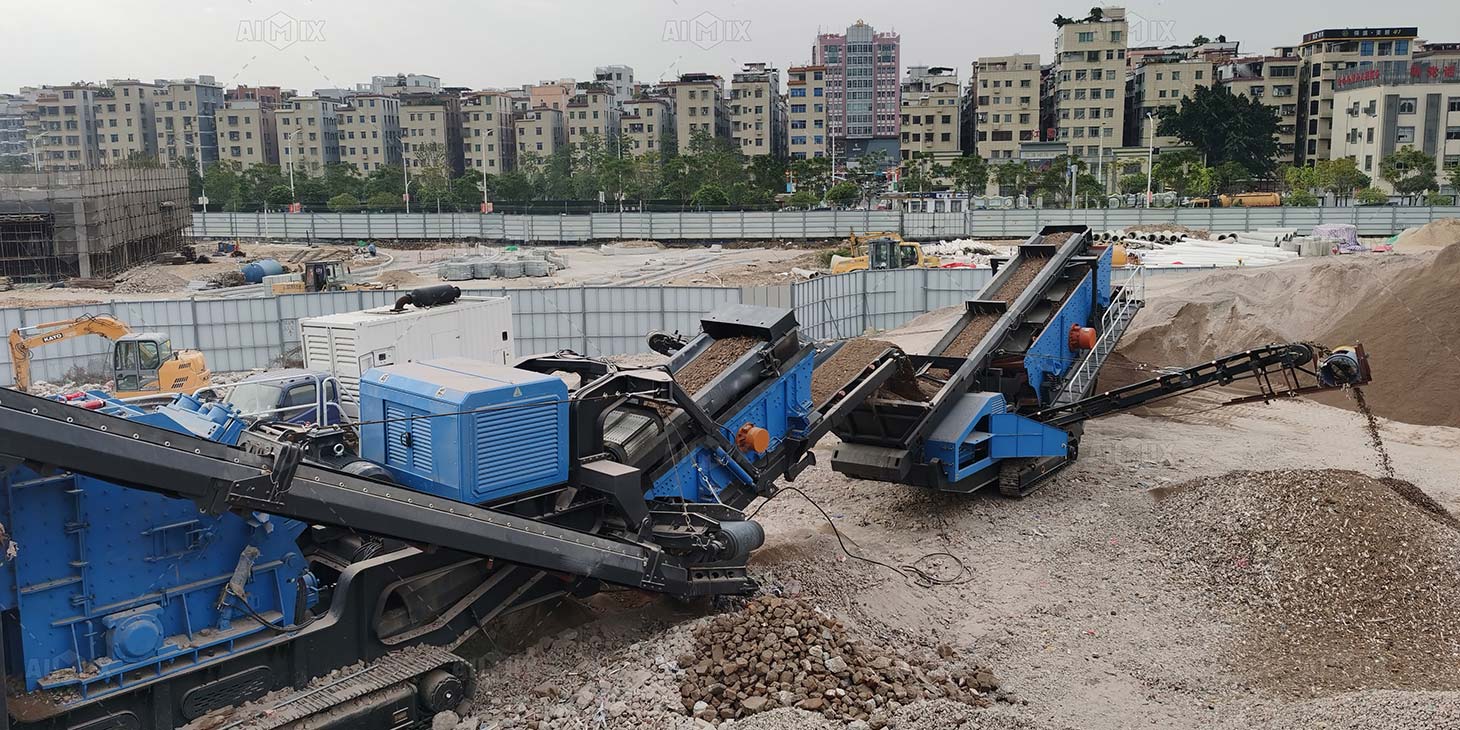The construction industry generates staggering amounts of waste, with concrete debris accounting for a significant portion of landfill volumes worldwide. As environmental regulations tighten and sustainability becomes a core concern, mobile concrete crusher has emerged as a transformative solution for responsible construction waste management. These innovative machines not only reduce the ecological footprint of demolition projects but also turn waste into valuable resources through efficient on-site processing. Their ability to operate within strict environmental parameters while maintaining high productivity makes them indispensable for modern green construction practices.
Unlike traditional stationary crushing plants, mobile units bring recycling capabilities directly to demolition sites, eliminating the need for wasteful transportation of heavy debris. This localized approach to material processing represents a paradigm shift in how the construction sector addresses its environmental obligations. By examining the specific mechanisms through which mobile crushers achieve sustainability goals, we can better understand their growing importance in eco-conscious construction strategies.

Reducing Carbon Footprint Through On-Site Processing
Eliminating Transportation Emissions
Mobile concrete crushers dramatically cut greenhouse gas emissions by processing materials directly at the source. Each truckload of debris that doesn’t need transportation to distant recycling centers represents substantial fuel savings and reduced exhaust emissions. Studies indicate that on-site crushing can lower transportation-related carbon emissions by as much as 60% compared to conventional waste disposal methods.
Energy-Efficient Crushing Technologies
Modern mobile crushers incorporate advanced power management systems that optimize energy consumption. Many mobile crusher plant models now feature hybrid diesel-electric drives that automatically adjust power output based on processing demands. Some innovative units even utilize regenerative braking systems that capture and reuse energy during operation cycles, further minimizing their environmental impact.
Smart Idle Reduction Systems
Leading manufacturers have implemented intelligent auto-idle technologies that significantly reduce fuel consumption during non-processing periods. These systems can cut unnecessary engine runtime by up to 40%, resulting in both economic and ecological benefits without compromising operational readiness.

Material Conservation and Circular Economy Contributions
High-Quality Aggregate Production
Mobile crushers transform demolition waste into premium recycled aggregates that meet or exceed virgin material specifications. The latest generation of mobile impact crushers and jaw crushers produce uniformly shaped particles ideal for new construction applications, closing the material lifecycle loop with remarkable efficiency.
Precise Gradation Control
Advanced screening systems on modern mobile units allow operators to produce multiple aggregate sizes simultaneously. This capability ensures maximum material utilization with near-zero waste, as even fine byproducts find applications as base materials or bedding sand. The ability to customize output gradations on-demand significantly reduces the need for supplementary virgin materials.
Compliance with Stringent Environmental Regulations
Dust Suppression Innovations
Contemporary mobile crushers integrate sophisticated dust control systems that maintain airborne particulate levels well below regulatory thresholds. These include automated water spray systems with moisture sensors, enclosed crushing chambers, and electrostatic precipitation units that capture up to 99% of generated dust particles before they can disperse into the environment.
Noise Abatement Features
Manufacturers have made significant strides in noise reduction through innovative engineering solutions. Sound-dampening materials, vibration-isolated components, and specially designed crushing chambers work in concert to keep operational decibel levels within strict urban noise ordinances. Some models now operate at conversation-friendly sound levels below 75 dB at 10 meters distance.
Spill Prevention and Containment
Environmental protection extends to fluid management systems that prevent hydraulic leaks and fuel spills. Double-walled tanks, automatic shutoff valves, and integrated drip pans ensure compliance with stringent environmental protection agency requirements for mobile industrial equipment. These features prove particularly valuable when operating near sensitive ecosystems or water sources.
The integration of mobile concrete crushers into construction waste recycling strategies represents more than just technological advancement – it embodies a fundamental shift toward sustainable industry practices. By simultaneously addressing carbon emissions, material conservation, and regulatory compliance, these machines provide a comprehensive solution to one of construction’s most pressing environmental challenges. As recycling technologies continue evolving, mobile crushing units will undoubtedly play an increasingly vital role in building a more sustainable future for the construction sector.
